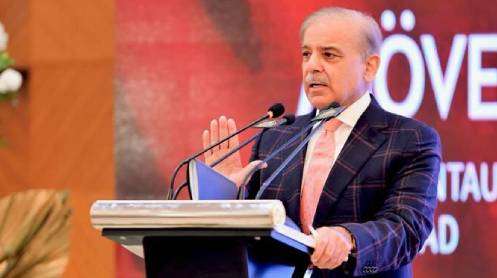ISLAMABAD – The government plans to save Rs4,743 billion (USD 17 billion) by excluding 7,967MW of high-cost energy projects and adjusting project timelines under the revised Indicative Generation Capacity Expansion Plan (IGCEP) 2024–2034, according to a statement from the Prime Minister’s Office (PMO) on Thursday.
The decision was made during a high-level meeting chaired by Prime Minister Shehbaz Sharif, aimed at reducing electricity tariffs and advancing sustainable reforms in Pakistan’s energy sector. The revised IGCEP will prioritise indigenous resources and alternative energy sources—such as solar, hydropower, and nuclear—over expensive imported fuels, helping preserve foreign exchange reserves.
The prime minister underscored the government’s commitment to eliminating capacity payments and developing a free electricity market to promote competition and ensure affordable power supply.
Following a recent Rs7.50 per unit reduction in power tariffs, PM Shehbaz reiterated that delays in energy project completion would not be tolerated. He instructed authorities to fast-track key initiatives, including the Diamer Bhasha Dam, for improved power generation and water storage.
The meeting also reviewed a re-evaluation of the IGCEP, where a task force revised the plan to better reflect on-ground realities and future energy demands. The updated strategy emphasises awarding future power projects through competitive bidding to secure the lowest possible electricity prices.
Ministers Awais Leghari, Ahad Khan Cheema, Attaullah Tarar, Ali Pervaiz Malik, and senior officials participated in the session. HEPA also urged the PM to support the inclusion of small renewable energy projects in the IGCEP.







